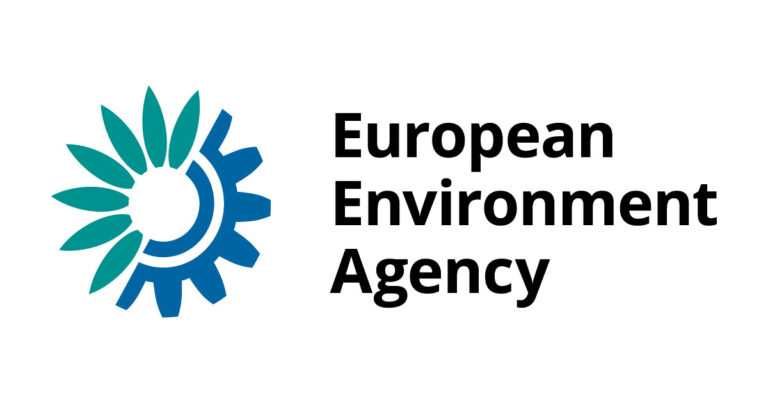
© Nomadish Green/Princess Garden
Urban context
The Edible Cities Network (EdiCitNet) is a global network promoting urban food production in cities across Europe, Africa and Asia. The network aims to generate new green businesses and jobs, generate local economic growth and promote social cohesion by involving vulnerable groups. EdiCitNet’s initiatives range from creating urban farms, indoor and vertical farming and urban beekeeping to surplus food distribution, community kitchens and training in urban food production. Berlin is a pioneering city for EdiCitNet, with a particular focus on the social dimension. Berlin’s goal is to strengthen socially disadvantaged areas and have an even more positive impact on surrounding areas currently undergoing redevelopment.
Examples of countermeasures
For the Berlin project, a “living lab” was developed across two sites: (1) a former cemetery in the Neukölln district and (2) a former agricultural enterprise in the Hellersdorf district. The community garden provides a space for biodiversity, a meeting place for social interaction, a space for training, a kitchen and a garden café. Activities range from planting and caring for plants to beekeeping and processing and preserving grown vegetables.
A team of local residents, businesses, non-governmental organizations, and other stakeholders worked together to create the space, and EdiCitNet coordinators Humboldt University and Technical University of Berlin are conducting a study to monitor the social, economic, and environmental impacts.
The Edible City Network is developing the “EdiCitNet” toolbox, a multi-functional and interactive catalogue that will facilitate knowledge sharing, networking and learning among those involved in and interested in urban horticulture initiatives.
position
Berlin, Germany
Types of green space
Plotting and community gardens
Target Group
Socially disadvantaged areas
website

